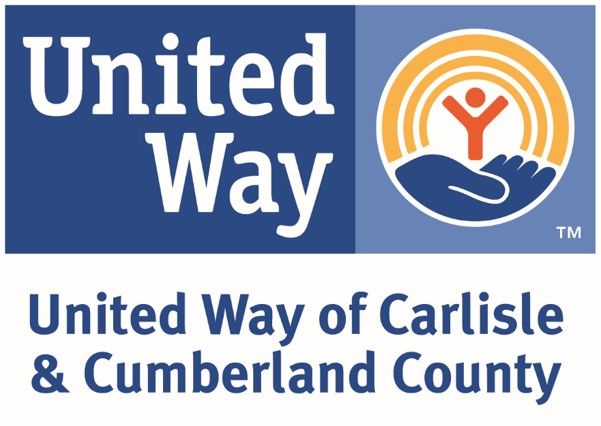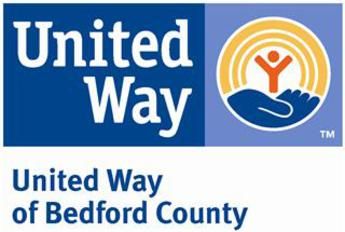Notre Mission
Les Services Juridiques MidPenn est un cabinet d'avocats d'intérêt public à but non lucratif qui fournit des services juridiques civils gratuits de haute qualité aux résidents à faible revenu et aux survivants de violence domestique et d'agression sexuelle dans 18 comtés du centre de la Pennsylvanie.
En savoir plus et s’engager.
Réponse au Viruscorona
Our Impact in Fiscal Year 2024-2025
-
People Helped
21,096
-
Cases Handled
9,744
-
Economic Benefit $
4,448,732.68
-
Advocate Hours
115,512
-
Our programs are designed to further our mission and provide much needed services for our constituents.
Take a look.
Follow Us on Twitter
News & Notes
Unemployment benefits, including UC, PEUC, FPUC, and PUA, all count as income for federal tax purposes. You should receive a 1099-G form in the mail that you will submit with your tax return.
However, unemployment benefits do not count as income for Pennsylvania taxes. (Click here for more information)
WHYY - Increasingly, people across the U.S. are struggling to pay their utility bills as the price of electricity soars because of supply costs and an increased demand from sources like data centers.
Gas bills are also on the rise, with Philadelphia Gas Works customers facing a $6 increase on average to their monthly bills, starting Dec. 1.
The effects are evident in states like Pennsylvania, where utility shutoffs have increased by 21% this year, leaving ratepayers in the dark.
The termination of a person’s utilities can have dire consequences, especially for kids, older ratepayers and people living with chronic health conditions.
“A shutoff in a very cold month can not only lead to health consequences for the household living in very, very cold conditions, it can also lead to structural damage to the home because the loss of utilities during those times can cause pipes to burst and all sorts of other things,” said Sarah Spangler Rhine, deputy director at Community Legal Aid Society in Delaware.
AARP - As the holiday season approaches, Americans are increasingly turning to convenient digital tools and traditional gift cards, a shift that significantly increases the risk of fraud, a new AARP Research survey reveals.
Scammers are targeting everyone, regardless of age. Nearly 9 out of 10 adults in the U.S. (89%) report being targeted by or experiencing some type of scam. The findings underscore that this holiday shopping season consumers need to stay vigilant and mindful of scammers while understanding the risks that come with shopping, booking travel and charitable giving.
The risks are ubiquitous in today’s tech-forward life. Text messaging, peer-to-peer (P2P) payment apps like Cash App and Venmo, and social media are all places where these criminals are lurking. Sending packages and physical gifts is also getting riskier, as package theft is on the rise. Three in 10 adults (30%) report having had a package stolen from outside their door.













